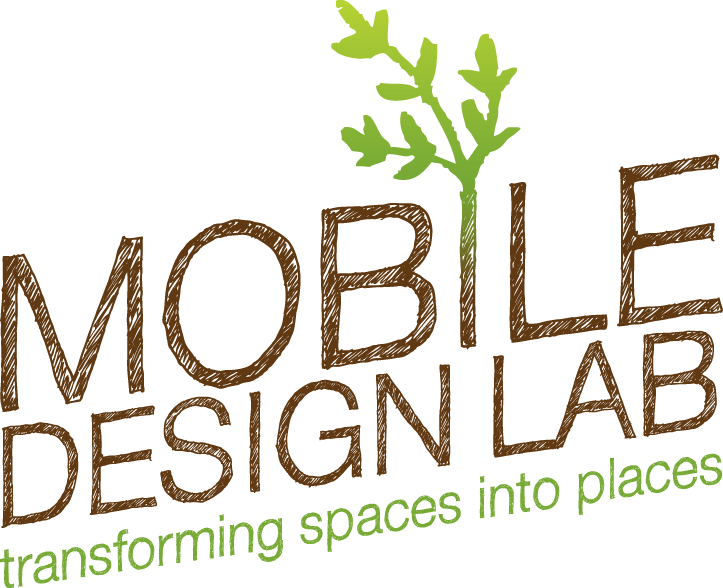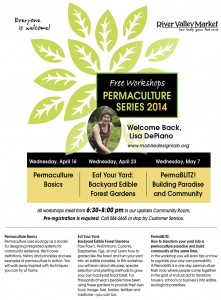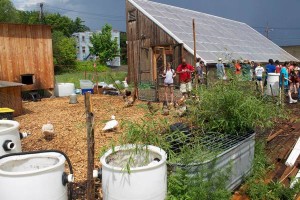Park(ing) Day
PARK(ING) Day
Friday, September 19th
8:00 am- 7pm
364 Broadway, Cambridge, MA 02139
In front of Dwelltime Cafe and Wildflower Montessori School
Join us to celebrate PARK(ing) Day and reimagine the possibilities of the urban landscape
8:00 am-Noon- Join us as we collectively plant themed raised beds for pollinators, medicinal & culinary use and clean air and install them in two parking spots.
Noon- 2-Bring your own lunch or dine at Dwelltime and listen to live music in the temporary parklet
2-4- Bring your bicycle by for a tune up from Broadway Bikes
4-7: Come hang out in the parlet
PARK(ing) Day is a annual open-source global event where citizens, artists and activists collaborate to temporarily transform metered parking spaces into “PARK(ing)” spaces: temporary public places.
The mission of PARK(ing) Day is to call attention to the need for more urban open space, to generate critical debate around how public space is created and allocated, and to improve the quality of urban human habitat
Sponsored by MIT Social Computing Lab, Wildflower Montessori School, Dwelltime Cafe








